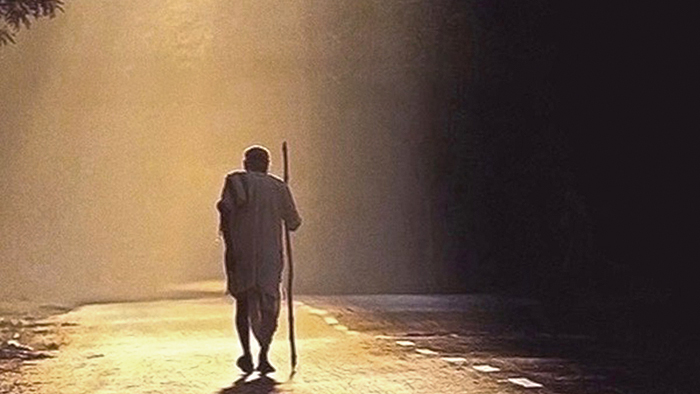
Jesus is confronted today by the people of his own town who question how he became so wise since they only knew him as the carpenter’s son. This begs the question, what does it mean to be wise? There’s a vast difference between being bright and being wise, between brilliance and wisdom. We can be brilliant but not very wise. Ideally, we should strive to be both, but that is only sometimes the case, particularly today. Fr. Ron Rolheiser writes that we’re living in a culture that rewards brilliance above wisdom and within which we pride ourselves, first of all, in being brighter than each other. Who has the highest degree? Who went to the most elite university? Who’s the most entrepreneurial? Who’s the most popular? Who’s the cleverest scientist, researcher, writer, journalist, television personality, or wit at the office or family table? Who’s the most brilliant? We never ask: Who’s the wisest? Today, intelligence is valued far above wisdom, and that’s not always good. We’re a highly informed and intelligent people, but our compassion is not nearly on par with our brilliance. We’re bright but not wise. What’s the difference between intelligence and wisdom? Wisdom is intelligence that’s colored by understanding (which, parsed to its root, means infused with empathy). In the end, what makes for wisdom is intelligence informed by empathy, intelligence that grasps with sympathy the complexity of others and the world. Empathy is not to be confused with sentimentality or naiveté, as is sometimes the case. Sentimentality and naiveté see a fault within intellectuality itself, seeing learning itself as the problem. But learning is never the problem. One-sided learning is the problem, namely, learning that isn’t sufficiently informed by empathy, which seeks knowledge without understanding. It’s not good merely to be smart; we must also be compassionate.
